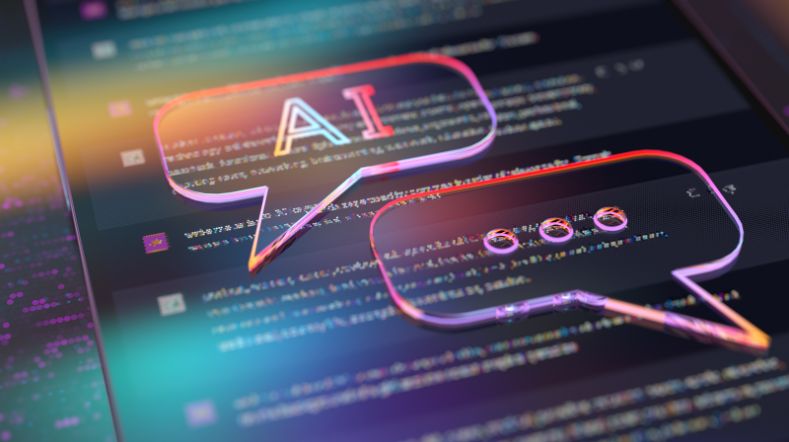
Innovating with innovation AI
In addition to all kinds of new applications, AI will also generate new knowledge. AI is, for example, already combining chemical properties with biological knowledge to produce new antibiotics. And AI is already discovering laws of nature based on the movement patterns of objects and celestial bodies. AI is even generating scientific publications that are able to pass peer-review processes.
Does this make researchers obsolete? We don’t think so, but AI is changing the role of the researcher. Knowledge generated by AI will not become ‘explanatory’ within the next few decades. AI makes connections but does not know cause and effect; it can find a new law of nature or antibiotic but does not come up with the idea itself of doing the research; and it cannot explain why something works. Unlike AI, human researchers have the unique capacity to generate ideas; creativity, at present, remains restricted to humans.
How AI will change research itself is explained in Chapter 3 of our vision paper ‘Towards Digital Life, A vision of AI in 2032.’ (pdf) For example, what role will AI be permitted to play in knowledge sharing? And what will happen when we make machines work with insurmountably large data sets?
'AI has to be obedient, it has to do what it is programmed to do. Whereas a human is fundamentally disobedient.'
Download vision paper
Download vision paper ‘Towards Digital Life: A vision of AI in 2032’
More about 'Towards Digital Life: A vision of AI in 2032'
- David Deutsch on the development and application of AI
- Georgette Fijneman on the promise of AI for health insurers
- Rob de Wijk on the rise of AI in geopolitical context
- Bram Schot on the impact of AI on mobility
- Eppo Bruins on AI in different government domains
- Bas Haring on AI, science and philosophy
- Arnon Grunberg on AI, creativity and morality
Get inspired
Working on reliable AI
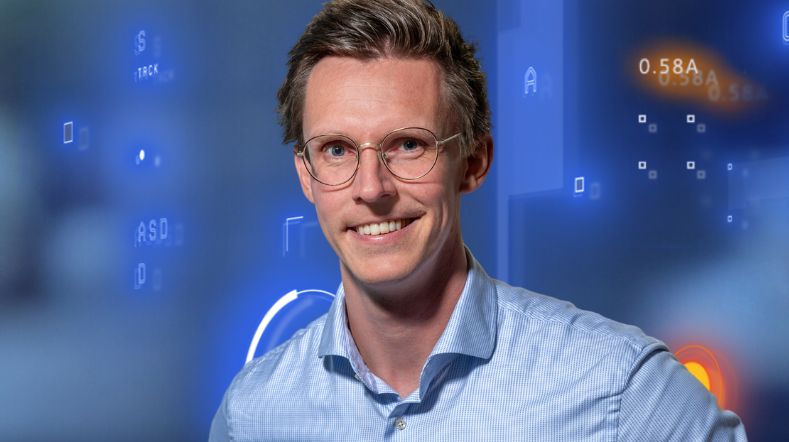

AI model for personalised healthy lifestyle advice
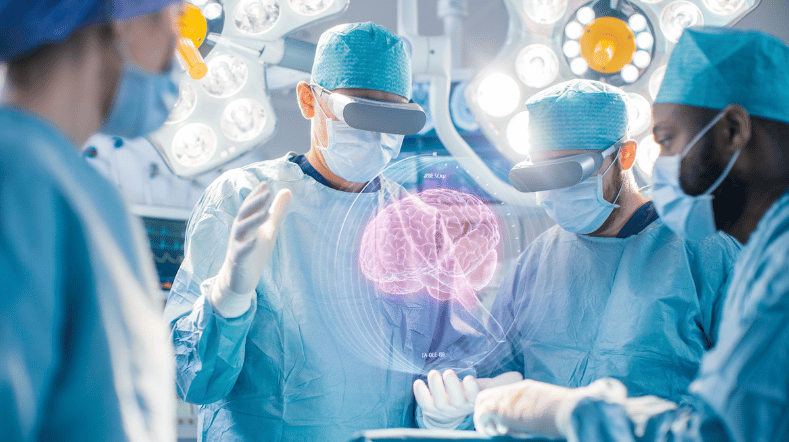

AI in training: FATE develops digital doctor's assistant
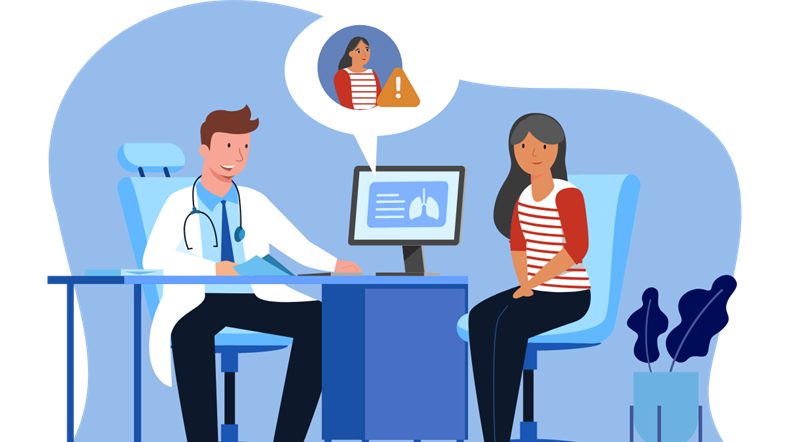

Boost for TNO facilities for sustainable mobility, bio-based construction and AI
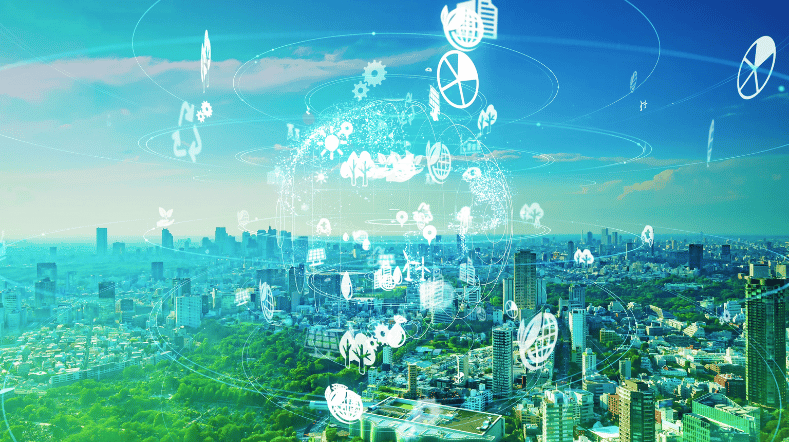

GPT-NL boosts Dutch AI autonomy, knowledge, and technology
